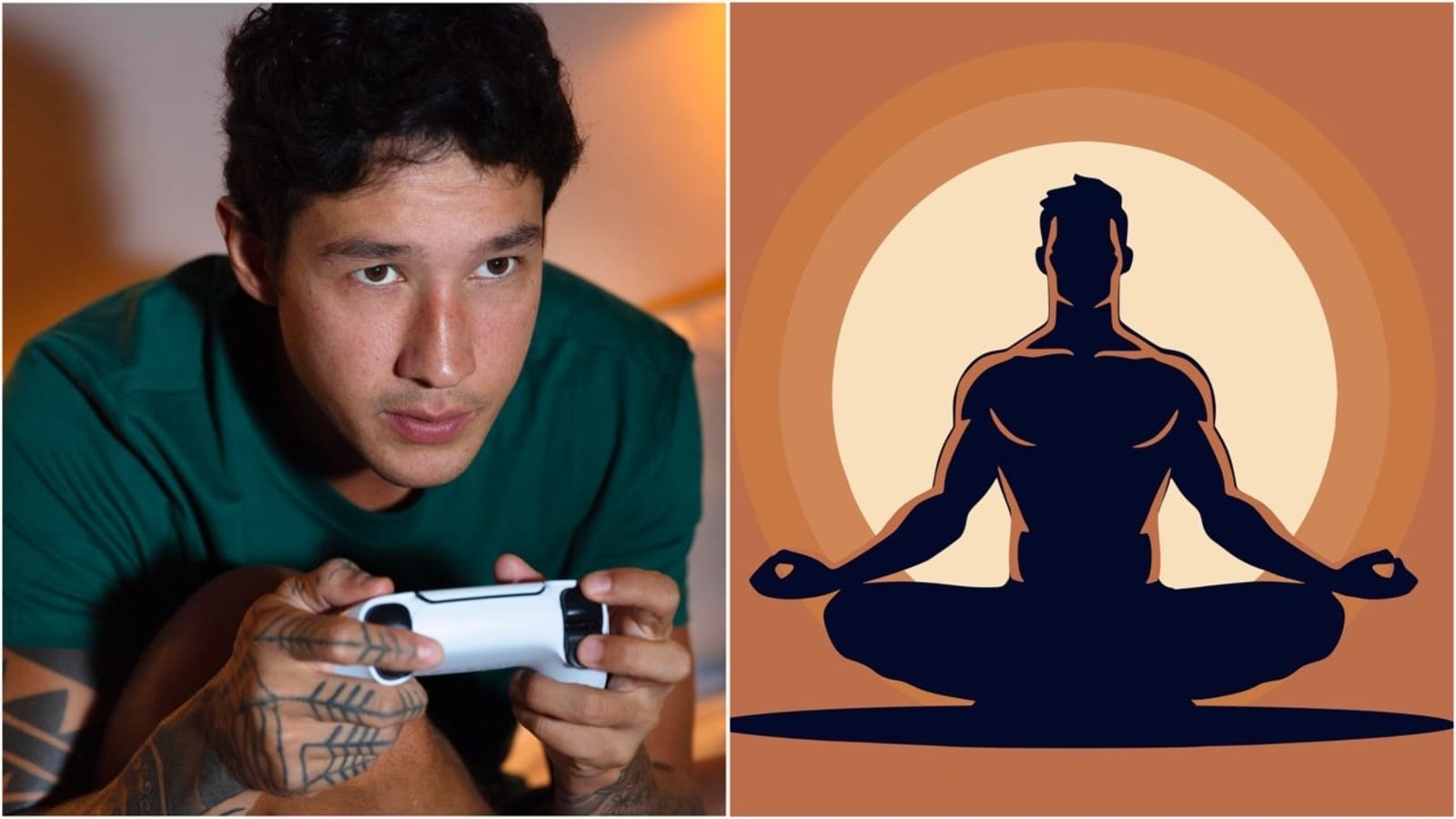Copyright © 2024 - Gearlabblog.com

Gaming addiction, often associated with excessive online gaming, can severely disrupt daily life and lead to mental health challenges like depression and social isolation. Traditional treatments have shown limited success, but emerging research suggests that mindfulness meditation might offer a new way to break the cycle of gaming cravings and addiction.
Internet gaming disorder (IGD) is characterized by compulsive gaming behavior that negatively impacts mental well-being and social interactions. A study published in Biological Psychiatry: Cognitive Neuroscience and Neuroimaging explored how mindfulness meditation can help by improving brain connectivity, especially in areas related to self-regulation and control.
Researchers in China conducted a study involving 80 participants diagnosed with IGD. They divided them into two groups:
Each group completed eight training sessions over four weeks. Before and after the program, participants were evaluated for addiction severity, gaming cravings, and mindfulness levels. Additionally, fMRI scans measured changes in their brain connectivity.
The results showed that participants in the mindfulness group experienced significant reductions in gaming cravings and addiction severity compared to the control group.
Mindfulness meditation helps by strengthening connections in the brain, particularly in areas related to decision-making, impulse control, and reward processing. Key findings from the study include:
These changes suggest that mindfulness meditation equips individuals with better tools to manage cravings and maintain control over their impulses.
While the study offers promising insights, further research is needed to understand the long-term effects of mindfulness meditation on gaming addiction. Nonetheless, this approach represents a potential complement to traditional treatments, providing a holistic way to manage the disorder.
Disclaimer: This article is for informational purposes only and not a substitute for professional medical advice. Consult a healthcare provider for questions regarding a medical condition.